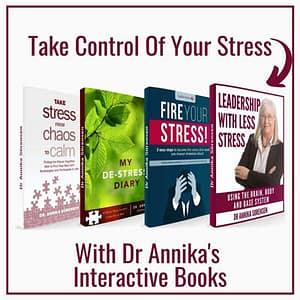“Sleep is for the week”, “Who needs sleep when you have coffee”, “I have many things to do, 5-6 hours of sleep is enough for me”– let’s stop patronizing these ideas, they’re not good for our bodies and never good for our health.
But how many hours of sleep do our bodies really need?
HOURS OF SLEEP PER AGE
- 0-3 months: up to 18 hours
- 4-11 months: 12-15 hours
- 1-2 years old: 11-14 hours
- 3-5 years old: 10-13 hours
- 6-13 years old: 9-11 hours
- 14-17 years old: 8-10 hours
- 18-25 years old: 7-9 hours
- 26-64 years old: 7-9 hours
- 65+ years old: 7-8 hours
The above is a guide or a framework we can use as a guide to how many hours of sleep we need according to our age.
But, it’s important to remember that like in everything else, when it comes to sleep…
THERE IS ALSO NO ONE SIZE FITS ALL SOLUTION
But how is that, if the sleep hours are clearly stated?
My explanation here would be simple. Our everyday life doesn’t look the same, so one person might be needing to do too many strenuous activities, forcing the body to need MORE rest than normal – you get the point.
So…
HOW DO YOU KNOW IF YOU’RE GETTING ENOUGH SLEEP?
Well, it’s time you reflect and ask yourself every time – or have a journal or some sleep tracker. When you wake up and you feel good, track how many hours of sleep you had, and when you wake up feeling tired… also track how many hours of sleep you had.
Recognize your own body’s pattern and listen to what it’s telling you. If you feel tired every day even after sleeping 7 hours, then maybe your body needs 8. And if you feel good and energized, then try practicing sleeping that right amount.
IT’S IMPORTANT TO REMEMBER…
We have to complete all 3 stages of sleep in one night: Light, wherein our eyes are closed but still too easily to be woken up, REM, which happens after about 90 minutes of falling asleep, where our eyes still move (rapid eye movement) while closed and where most dreams occur, and Deep sleep, where our brain waves have slowed down and it’s harder to wake us up.
And yes just in case you’re wondering, it’s also normal to wake up several times during the night. Just don’t do anything that can disrupt your melatonin like checking your phone or something to not make it hard for yourself to get back to sleep.
THE RISK OF SLEEPING LESS & SLEEPING MORE
Studies show that sleeping less than 6 hours a day increases the risk of Alzheimer’s, heart & blood vessel illnesses, and some kinds of cancer, and obesity for the younger ones.
On the other hand, sleeping more than 9 hours increases the risk of some types of cancer too. Which means… The safest thing to say is at about 7-8 hours of sleep every day, to have the lowest risk of getting these illnesses.
IMPORTANCE OF GETTING THE RIGHT AMOUNT OF SLEEP
Aside from being on the safer side of all illnesses… sleep has so many positive effects so we must keep up with our brains, their functions, and their processes.
Scientists have also shown before that when we sleep, some kind of cleaning process happens in our body, like getting the “waste” products out of our body.
TO SUM IT UP
Wrapping it up, and feeling what works for your body’s needs while sticking to the framework as a guide… is our safest bet to getting the right amount of sleep our body needs.
To getting needed hours of sleep,


